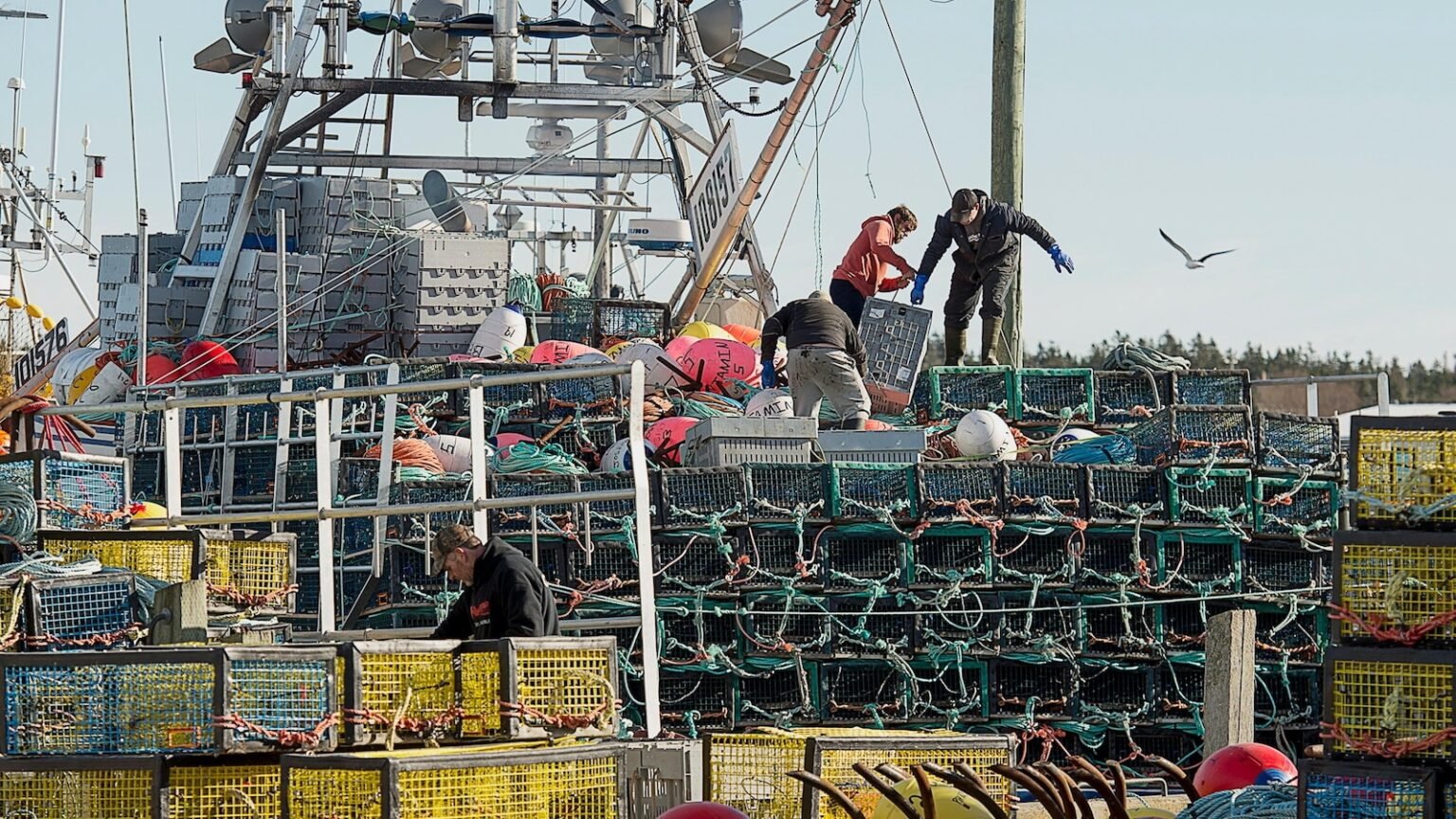PORTLAND, Maine — The incoming administration of President-elect Donald Trump is likely to bring major changes to one of the oldest sectors of the US economy — seafood — and some in the industry believe the returning president will be more responsive to its needs.
Economic analysts paint a more complicated picture because they fear Trump waiting for trade enemies It could make a type of protein that is already expensive for consumers with major trading partners Canada and China. Conservatives also fear Trump’s emphasis on government deregulation can endanger already endangered fish stocks.
But many in the commercial fishing and seafood processing industries said they are excited for a second Trump presidency. They said he will allow fishing in protected areas as he did during his first presidency, reduce offshore wind expansion and reduce regulations they describe as burdensome. And they expect significant change from the administration of President Joe Biden made ocean conservation a priority and he defended wind energy from the beginning
The seafood industry is not hungry another tariff warThat hurt fishermen during Trump’s first term, said Beth Casoni, executive director of the Massachusetts Lobstermen’s Association. But he said the new Trump administration has a unique opportunity to throw its support behind U.S. fishermen.
“I think we need to focus on feeding Americans,” Casoni said. “I think an ‘America First’ administration will make that point loud and clear. Know where your food comes from.”
But the seafood industry, which is international in nature, could be severely disrupted if Trump plans to impose a 25% tariff on all products entering the country from Canada, said John Sackton, a longtime industry analyst and founder of Seafood News. . Canada is the largest U.S. seafood market for imports and exports, and nearly one-sixth of the seafood imported by the U.S. comes from its northern neighbor, according to federal statistics released in November. In total, about 80% of the seafood consumed in the US is imported.
Losing Canada — a particularly important buyer of American lobster — as a market for U.S. seafood could cause prices for fishermen to fall, Sackton said. And some products may be available while others are more expensive and others are oversupplied, he said. He described the seafood industry as “interdependent on both sides of the border”.
In Canada, members of the country’s seafood industry are watching closely to see what changes Trump will bring, said Geoff Irvine, executive director of the Canadian Lobster Council in Halifax, Nova Scotia.
“A bullet trade war will cost everyone (in Canada and the U.S.) more and hurt the Canadian and U.S. seafood sector,” Irvine said via email. “We are working with our Canadian and US allies to send this message to all governments.”
One of the main changes for fishermen under a new Trump administration is that they can expect to have a seat at the table when high-level decisions are made, representatives of several commercial fishing groups said. Last time, Trump he sat with the fishermen and heard concerns about the loss of fishing rights in Northeast Canyons and Seamounts Marine National Monument, a protected area of nearly 5,000 square miles (13,000 square kilometers) off New England, said Robert Vanasse, executive director of industry advocate Saving Seafood.
That goodwill is likely to carry over into Trump’s new presidency. And the industry believes it has scored a victory with the election of a president who is an outspoken critic of offshore wind, said Drew Minkiewicz, an attorney representing the New Bedford, Massachusetts-based Sustainable Scalloping Fund. Fishermen for valuable seafood such as scallops and lobsters have long opposed offshore wind development on the grounds that wind power would disrupt prime fishing grounds.
“There is excitement in the industry that offshore wind will basically stick to the existing footprint and nothing beyond that,” Minkiewicz said.
Others in the industry have said they are concerned about how Trump will handle the National Oceanic and Atmospheric Administration, the federal agency that regulates fisheries. Under Secretary of Commerce for Oceans and Atmosphere, Rick Spinrad, currently a Biden appointee, will be one of Trump’s top appointees. Trump went through three different administrations during his first term in office.
The industry has recently faced major crises, including the COVID-19 pandemic and trade hostilities main trading partner In Russia, it cannot tolerate unstable leadership, said Noah Oppenheim, coordinator of the Fishing Communities Coalition, which represents small-scale commercial fishing groups.
“The Coalition of Fishing Communities is always concerned that any administration’s shift away from a focus on conservation and responsible fisheries management will cause serious damage to the industry,” Oppenheim said.
The conservation groups that pushed it stricter vessel speed regulations and new fishing standards such as new gear less chance of harming the whaleshe said they’re waiting to see where Trump takes fisheries and ocean policy. They said the progress made by Biden gives them hope of sustaining a second Trump presidency.
“It would be incredibly short-sighted of the incoming administration to ignore the science and launch a free-flowing fishery that will not only harm fisheries – and healthy oceans – in the long term,” said Jane Davenport, the attorney general. Wildlife defenders.
___
This story was supported by funding from the Walton Family Foundation. AP is solely responsible for all content.

